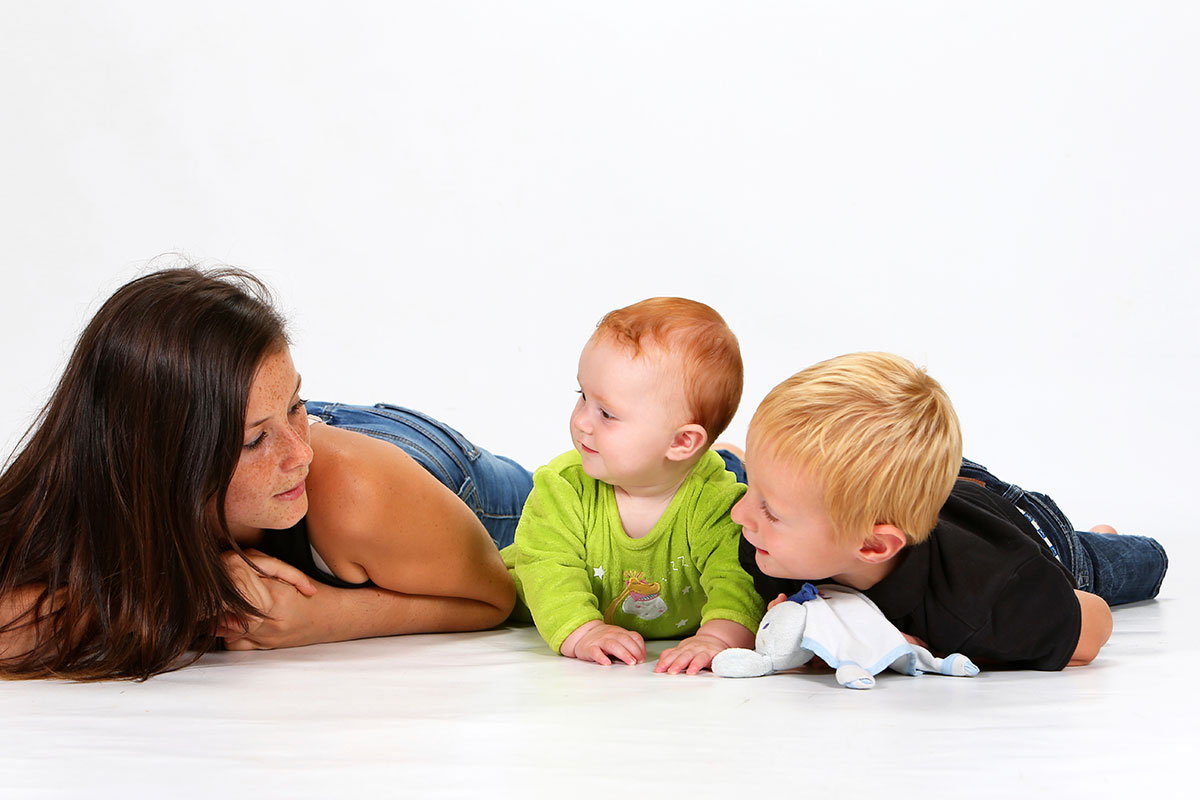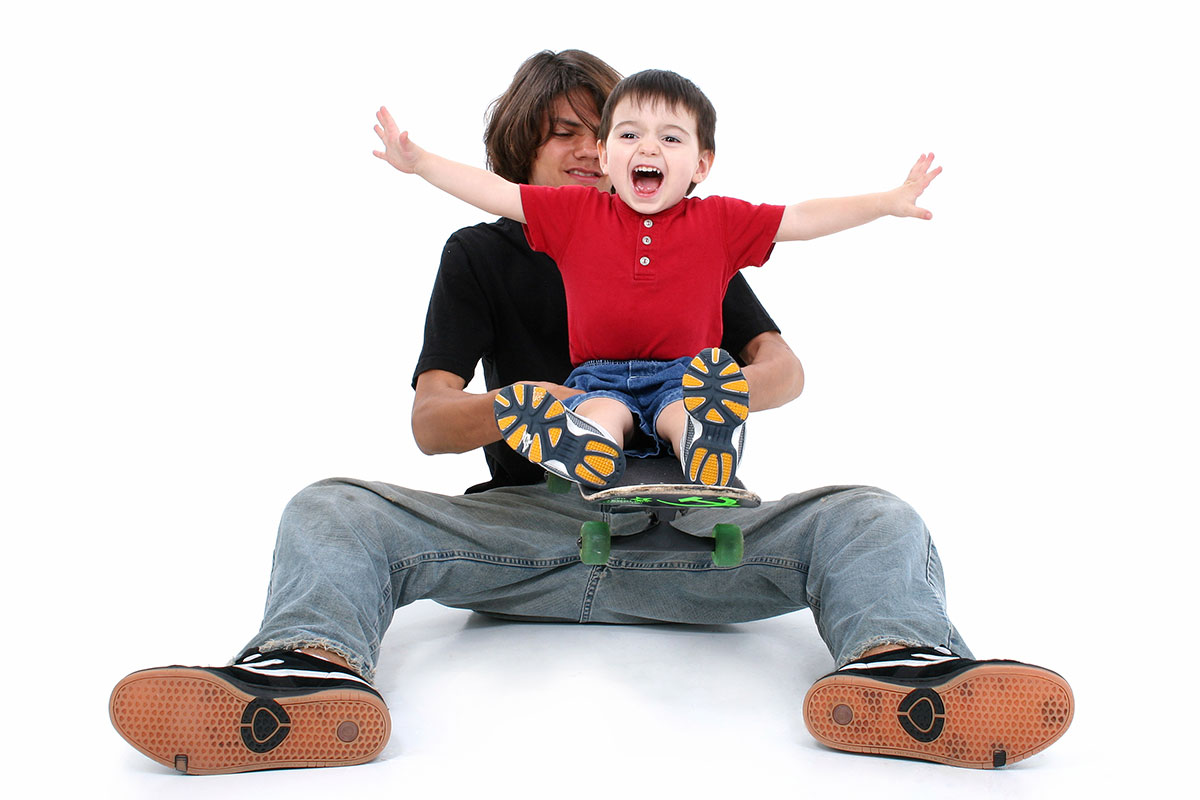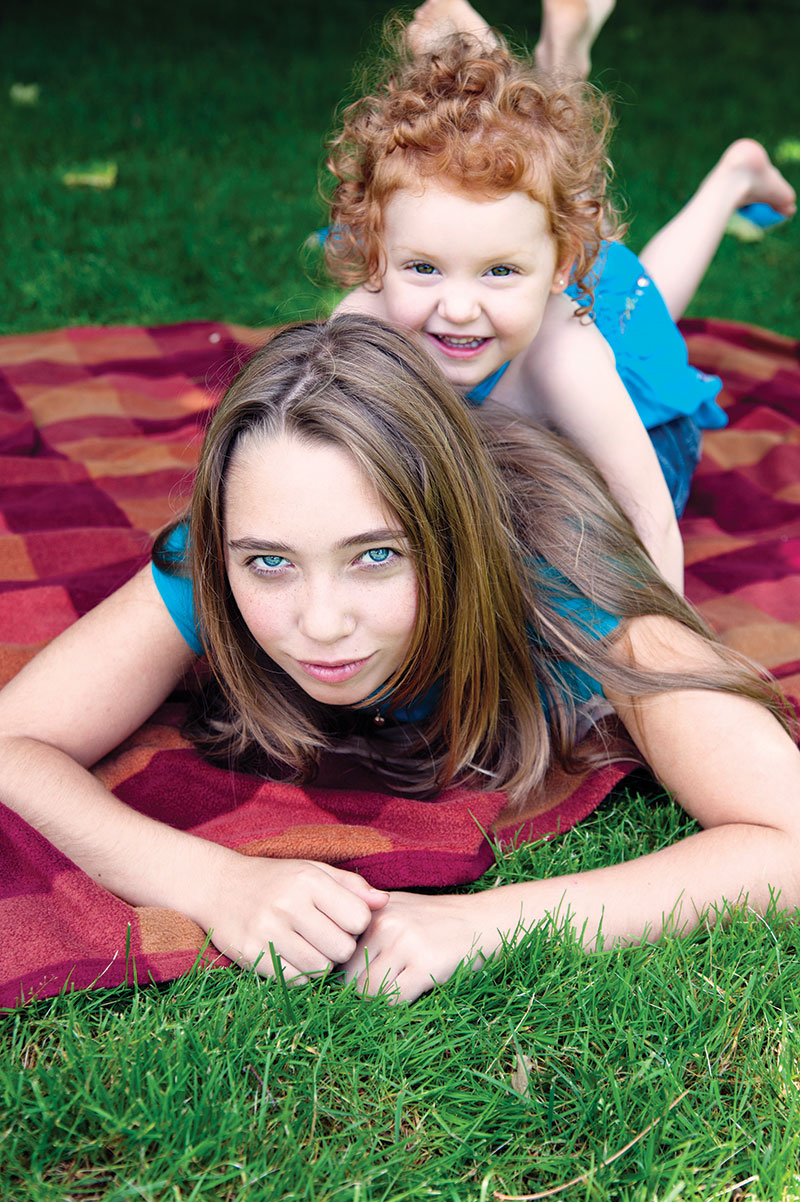
Congratulations! You’ve moved on from hiring sitters to parenting a child who is close to being ready to babysit for you, the neighbors and people you have yet to meet.
Gulp.
Actually, don’t worry; read on to learn about everything from local babysitting classes, first aid training and pay rates to how to inspire confidence in the hiring parents. In no time, your tween or teen will be in business, the favorite sitter of their little charges and the hiring parents.
First steps
The idea of your tween earning her own spending money is divine, but ponder what American Red Cross instructor Suzanne Byron says is the number one readiness question: Do they like kids?
“Sitting is not for everyone. Are they expressing an interest in babysitting? Next, do you believe your tween is mature enough [that] if they were unsure of anything or needed help, they would be willing to call the parent, you or 911?” Byron says.
Luckily, your eager future sitter can take one or more classes to help them become babysitting ready. Seattle Children’s Hospital offers a five-hour Better Babysitters class, which covers child development, infant and child care, safety and injury prevention, handling emergencies, age-appropriate toys, business tips and parental (the hiring parents’) expectations. Follow up with Seattle Children’s CPR and First Aid for Babysitters, and your tween will have a marketable skill set.
The American Red Cross offers two Babysitting Training courses designed for 11- to 16-year-olds, with a seven-hour, a one-day or a two-day version that includes certification in first aid and pediatric CPR (check out its online-only classes, too). A third option includes classes offered by the national organization Safe Sitter, which has a class finder based on ZIP codes on its website.

Growing into responsibility
Start slowly, whether that means having your tween be a parent helper for you or a neighbor. “It’s OK to sit with a buddy, or train up with someone older than you when you are watching triplet 6-month-olds, if it’s OK with the family. These are the kind of scenarios you can create,” says Taryn Oestreich, MPH, MCHES, health education consultant at Seattle Children’s Hospital who developed the Better Babysitter curriculum and handbook.
Before you send your tween on any jobs, know that the classes he took were just the initial step. The rest of the conversation continues with you. For example, there’s an entire home activities section at the back of the Better Babysitter handbook for the parents to complete with their child. Tasks include parents creating ground rules for things such as when the tween babysits (school nights?), walking through emergency scenarios and listing foods your tween is comfortable preparing on his own.
Don’t miss the stand-alone piece of paper from this guidebook: a family info form that can be copied for every single job and which the sitter fills in with the hiring family.
Also, when your child is just starting out, it’s fine to go with him to a meet-and-greet and assist in asking the parents questions about how this family does things, such as their bedtime routine.
“Every family has its own unique world, and I tell my students that when you become a family’s sitter, you become an expert on that world,” Byron says.
Talking with adults
 Of course, becoming an expert on another family means your tween will be learning about communicating with adults. This comes more naturally to some people, and every babysitter class mentioned goes over this skill. For hesitant tweens, it’s OK for you to help jumpstart this process, but as they grow older, step aside and ask them to talk with their bosses.
Of course, becoming an expert on another family means your tween will be learning about communicating with adults. This comes more naturally to some people, and every babysitter class mentioned goes over this skill. For hesitant tweens, it’s OK for you to help jumpstart this process, but as they grow older, step aside and ask them to talk with their bosses.
“I always tell my students that part of becoming an adult is dealing with adults, and soon that will mean a college professor or a boss. You don’t have to be perfect, you’ll learn a lot and you only learn by doing; there is no way around talking to adults,” says Carly Walsh, a Better Babysitter instructor.
Mom Jennifer Enich eased her daughter, now 14, into babysitting with parent-helper jobs and by training her to watch her younger brothers. “As my daughter’s gotten older, she has taken on more responsibility of arranging her babysitting gigs — she communicates directly with the parents about scheduling and pay, and makes sure it fits in our day,” Enich says.
Discussing salary with any employer means knowing the going rate for a skill set. The American Red Cross polls sitters in each region about what they are being paid, and instructors tell their class participants what that range is (while also advising that they discuss the topic with their own family). In the greater Seattle area, parent helpers are usually paid between $2 and $5 an hour, while sitters are paid between $5 and $10 an hour or more, depending on age and experience.
While Walsh doesn’t give her class participants a pay range, she recommends thinking about pay rates that are equal to a child’s grade, which means they give themselves a pay raise every year.
Awing their charges
At Better Babysitter classes, the instructors ask students to remember when they were 8 or 9. Then, students list the traits of their own favorite babysitters along with the traits of sitters they didn’t care for very much.
“They say things like, they were fun and very nice or they were mean or boring or they didn’t pay attention to us,” Oestreich says.
Babysitter classes will give tweens information on developmentally appropriate activities and toys. Still, it’s important to discuss with your child before each new job how he plans to engage with his charges. Tweens may learn good techniques for healthy discipline at a class (including no spanking and no mean words), but your child will need to talk through topics like these with you, too, Walsh says.
The metamorphosis into babysitter is yet another opportunity to interact with your tween and help her grow toward adulthood.
“That is one of the great things about being a sitter: talking about developing skills and confidence. You are interacting and responsible for people that are younger than you, and you are also interacting with adults,” says Byron. “As we say in the class, ‘You are responsible for everything as soon as the parents leave.’ That’s a lot, and it’s a big confidence builder, too.”











